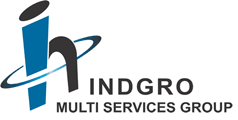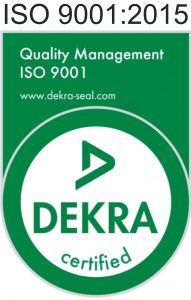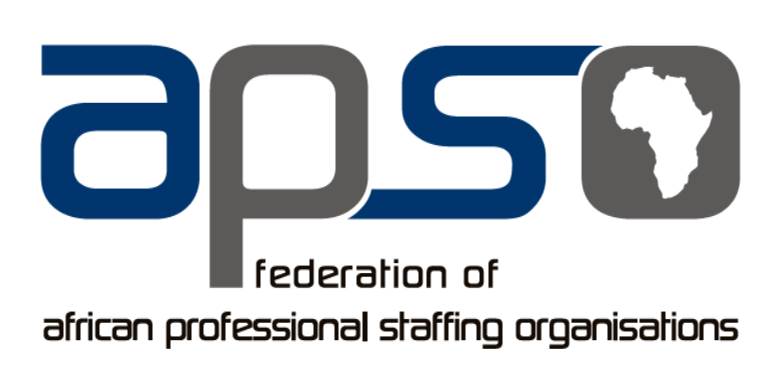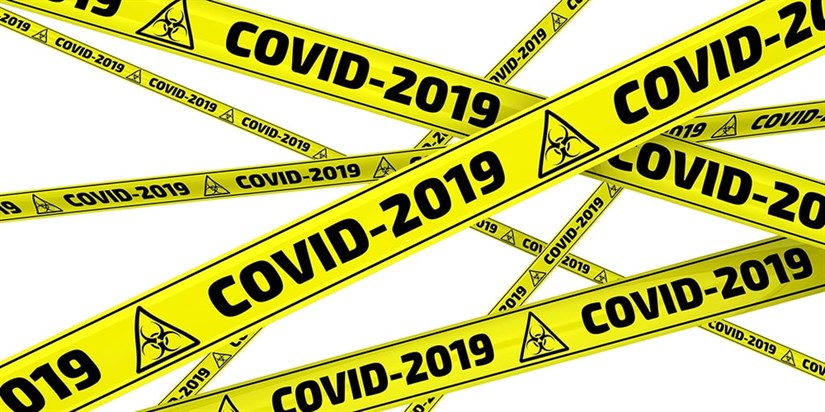Additional (COVID-19) obligations on employers have been issued by the Employment and Labour Minister.
These all become effective on 21 October 2020.
REFUSAL TO WORK DUE TO EXPOSURE TO (COVID-19)
An employee can refuse to work if, with reasonable justification, he or she, or a health and safety representative believes there is an imminent and serious risk of exposure to (COVID-19). The employer must then resolve any issue arising from the refusal, after consultation with the (COVID-19) Compliance Officer and any health and safety committee.
If the matter cannot be resolved, the employer must notify an inspector within 24 (Twenty-four) hours and advise the employee and all other parties involved in resolving the issue that an inspector has been notified. If the employer does not make the notification, the employee may do so. An inspector may issue a prohibition notice if they believe that any act threatens or is likely to threaten the health and safety of any person.
No person may:
-
- Benefit from, or promise any benefit to any person for, not exercising the refusal to work.
- Threaten to take any action against a person because that person has refused, or intends to refuse, to work.
- No employee may be dismissed, disciplined, prejudiced or harassed for a (COVID-19) refusal to perform any work.
A dispute may be declared to the CCMA as unfair labour practise.
REPORTING POSITIVE CASES
(COVID-19) positive cases must be reported to:
- National Institute for Occupational Health via OHSworkplace@nioh.ac.za or http://ohss.nioh.ac.za/.
- Compensation Commissioner whenever a worker has been diagnosed with COVID-19 at the workplace.
-
-
- Compensation Fund: CompEasy (www.labour.gov.za),
- Rand Mutual Assurance: CompCare (www.randmutual.co.za),
- Federated Employers Mutual: IMS (http://roe.fem.co.za)
-
NEW ISOLATION AND QUARANTINE PERIODS
Self-isolation and self-quarantine are reduced from 14 (Fourteen) days as previously communicated to 10 (Ten) days. The self-isolation period applies to individuals who have tested positive, while self-quarantine is for high-risk exposure to a positive case.
MEASURES FOR WORKPLACE (COVID-19) INFECTION
If an individual has been diagnosed with (COVID-19), the employer must:
- Inform the NIOH (OHSworkplace@nioh.ac.za or http://ohss.nioh.ac.za/)
- Inform the Compensation Commissioner
- Investigate the mode of exposure, including any control failure, and review its risk assessment to ensure that the necessary controls and PPE requirements are in place
- Assess the temporary closure of the affected work area for decontamination
- Give administrative support to any contact- tracing measures implemented by the Department of Health.
DIAGNOSIS AND ISOLATION
If an individual has been diagnosed with (COVID-19) and isolated, the employee may return to work:
- Without viral testing, if the worker has isolated for the mandatory 10 (Ten) days from:
- The onset of symptoms in mild cases of infection without hospitalisation or
- The date of achieving clinical stability, or earlier if the worker has gone a medical evaluation confirming fitness to work, in moderate to severe cases of infection, requiring supplemental oxygen or hospitalisation.
- The employer must ensure that personal hygiene, wearing of masks, social distancing, and cough etiquette is strictly adhered to by the individual
- The employer closely monitor the worker for symptoms on return to work; and
- If the individual, on return to work, wears a surgical mask for 21 (Twenty-one) days from the date of diagnosis.
If an individual has been in contact in the workplace with another individual who has been diagnosed with (COVID-19), the employer must assess whether there is a low or high risk of exposure:
- Low-risk exposure, the employer:
- May permit the individual to continue working using a cloth mask and,
- Must monitor the individual’s symptoms for 10 (Ten) days from the first contact.
- High-risk exposure
- Quarantine for 10 (Ten) days; and
- The Individual is placed on sick leave
- If the individual remains asymptomatic, no further testing is required prior to return to work.
RISK ASSESSMENT AND PLANS FOR PROTECTIVE MEASURES
Every employer must conduct a risk assessment of the workplace, and then develop a plan outlining protective measures. The assessment and plan must be consulted with any majority trade union and Health and Safety Committee, or, in the committee’s absence, a health and safety representative or employee representative, which may be a shop steward. The Plan must be available for inspection by an inspector.
The Plan includes the date of workplace opening, the hours it will operate, list of employees permitted to return to work and those who will work from home; the plan and timetable for the phased-in return to the workplace; identification of vulnerable employees, minimising the number of employees at the workplace, measures taken to limit the spread of the virus, daily screening, and details of the compliance officer. A new addition to the Plan is a procedure to resolve any issue that may arise from an employee refusing to work if the employee has reason to believe that the workplace is not (COVID-19) safe.
NEW REPORTING REQUIREMENTS FOR EMPLOYERS WITH MORE THAN MORE THAN 50 (FIFTY) EMPLOYEES
This was a requirement, previously, for employers employing more than 500 (Five hundred) employees. These employers must submit a record of their risk assessment, together with a written policy concerning the protection of the health and safety of employees from (COVID-19):
- Their health and safety committee; and
- Department of Employment and Labour.
The submission to the department must be made by email to the address of the appropriate Provincial Chief Inspector (http://www.labour.gov.za/About-Us/Ministry/Pages/IES0320-7398.aspx) by 21 October 2020.
Gauteng’s Chief Inspector is:
Adv Michael Msiza (PCI)
Tel: 012 309 5110
Cell: 082 900 8131
Michael.Msiza@labour.gov.za
Furthermore, these employers must submit the following data to the National Institute for Occupational Health (NIOH) electronically (OHSworkplace@nioh.ac.za or via the online platform):
- Each employee’s vulnerability status for serious outcomes of a (COVID-19) infection (which is a once-off submission)
- Details of the daily symptom screening data
- Details of employees who test positive for (COVID-19)
- Number of employees identified as high-risk contacts (and who have been quarantined) as a result of exposure to a worker who has tested positive for (COVID-19); and
- Details on the post-infection outcomes of those testing positive, including the return to work assessment outcome.
Other than the list of vulnerable employees, the remaining data is submitted weekly before every Tuesday, based on the previous calendar week from Sunday to Saturday.
Employees must be told that their personal information will be submitted to the NIOH in accordance with the employer’s legal obligations and that the NIOH will comply with the provisions of the Protection of Personal Information Act.
The steps required to submit data on-line are:
- Obtain a registration portal link from the NIOH, by emailing OHSworkplace@nioh.ac.za.
- The business registers electronically by supplying the name, industry, address, province, district, the total number of employees, split into genders, company contact names and number and email and date of registration.
- These details will be verified, and the registration confirmed.
- The system administrator generates a unique ID for the business that the business will use to login to the system to submit data.
EMPLOYERS WITH 10 (TEN) OR LESS EMPLOYEES
The only change is that the employer must now contact the relevant provincial inspectorate [and not the general (COVID-19) hotline number] to obtain instructions when an employee presents with symptoms at work.









